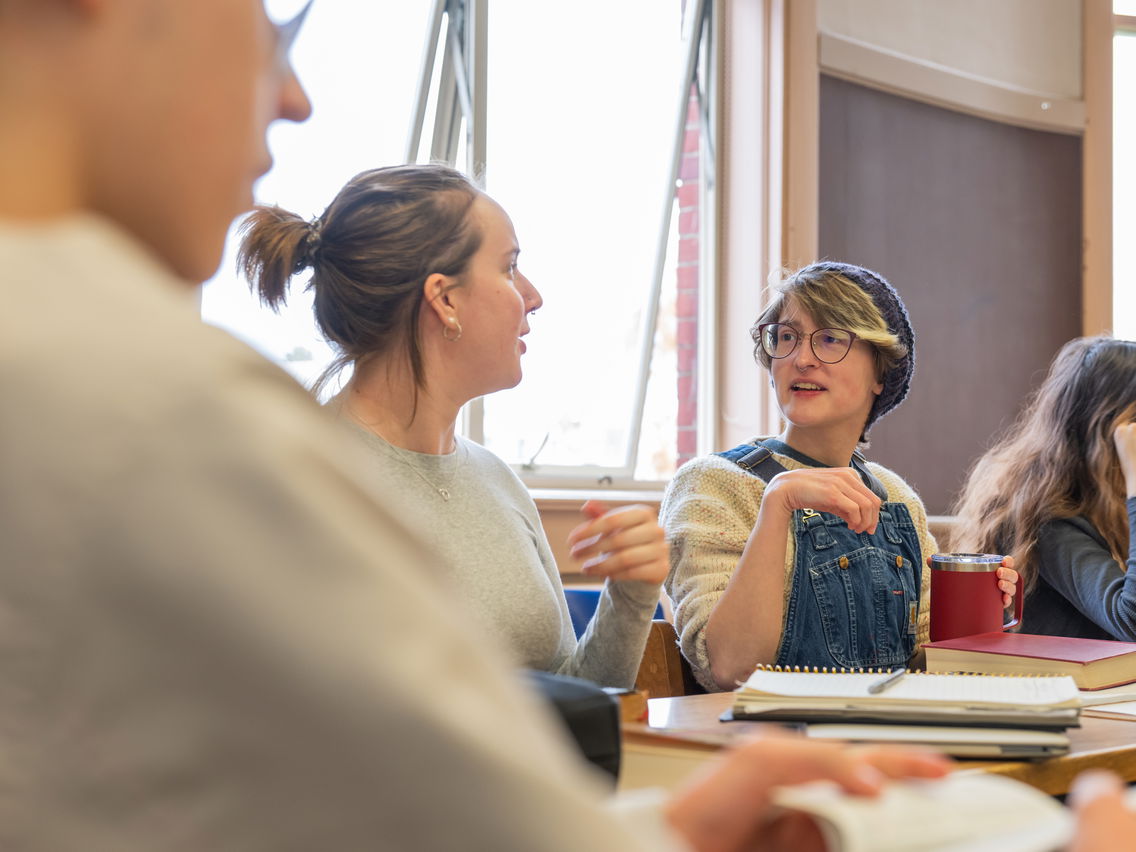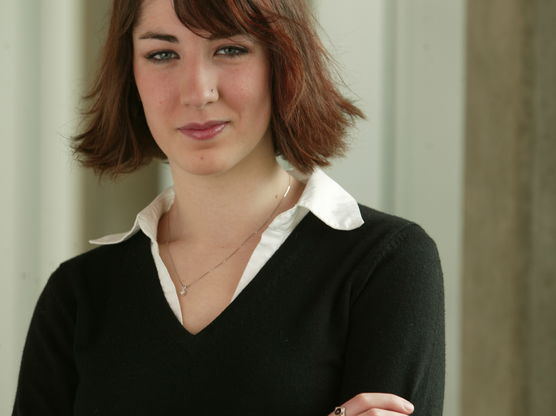Michael Diamond ’11
How the Liberal Arts and Silicon Valley can go hand-in-hand.
Michael Diamond, a Willamette graduate with a double degree in Computer Science and Philosophy, navigates the complexities of software engineering with skills honed from his interdisciplinary education. Part of his journey includes helping build a self-driving car.







